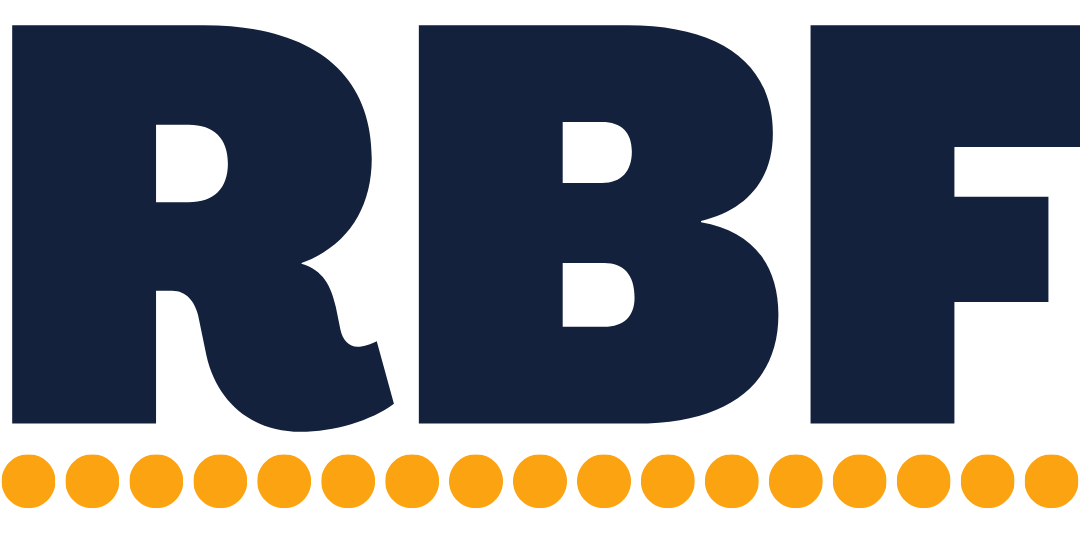Read your insurance benefits now, before you need to make a claim
Hey, I’m Michael Eckstein 👋, and this is ‘Ordinary & Necessary’, a weekly newsletter about the boring business topics that don’t get enough traction on the web, but will help you manage and grow your business. You signed up on my website. If you’d like to unsubscribe, just click the link at the bottom of this email. No harm, no foul, I’d love to have you back sometime.
Insurance is great. It’s there to cover you when things go horribly wrong and can save your business in a pinch. But, it’s never as simple as: something goes wrong -> file claim -> get money. There’s a lot of terms, exclusions, and rules to any insurance. And, you need to know them beforeee something goes wrong to make sure you qualify. Otherwise, they might be used against you (because the goal of any insurance company is to pay out less in claims than they collect in premiums).
A few things to be aware of:
What exactly does your policy cover: Insurance policies are incredibly specific about what events or claims they’ll cover. And, chances are that your insurance doesn’t cover everything you think it does. For example, business interruption insurance doesn’t cover everythinggg related to business interruption. A lot of business owners recently found out that theirs didn’t cover interruptions due to a global pandemic. And, cybersecurity insurance doesn’t cover everythinggg related to cybersecurity. It only covers certain types of attacks.
How much does your policy cover: In addition, they’re very specific about how much they’ll pay out. For example, there’s an upper limit on professional liability or cybersecurity insurance claims. And, there’s a specific calculation for business interruption payouts which may not be as much as you think it should be or cover your full take home pay (remember, your take home pay is more than just your payroll. There’s distributions and benefits too.)
Do you need a rider?: Insurance riders extend and modify your base policy. If something isn’t covered, there might be a rider that’ll cover it for you. Some common business insurance riders include extending Worker’s Compensation insurance and covering parts of commercial property that might normally be excluded.
When do you need to notify them: Notifying your insurance is an important part of filing a claim. Different policies and types of insurance have different windows for filing claims and notifying them that you might file a claim. For example, many professional liability policies require you to notify them as soon as a client is overly upset, even if they haven’t threatened legal action. Once things start going south, your insurance needs to be looped in for them to cover any claims.
Insurance doesn’t pay out quickly: Claims can take ages to pay out. So, don’t rely on receiving a quick payment. A client’s store burned down in the middle of the night and they spent months going back and forth with their insurer before receiving a business interruption payout. Make sure you have good systems and savings in place.
Action item: Read your insurance plan benefits. Find out what it reallyyy covers. (And, update your coverage, if it’s lacking.)
Action item #2: Keep a log of all your brand new, expensive Christmas gifts for your home owner’s/renter’s insurance. Take a picture, keep the receipt, and write down all the identifying info. If anything happens, that info will help with your claim.
Have a great weekend, stay safe, and happy New Year!
Michael Eckstein
P.S. Check if your health insurance extended any new benefits during COVID. My garbage health insurance offers extended and cheaper telemedicine benefits. Yours might too.
